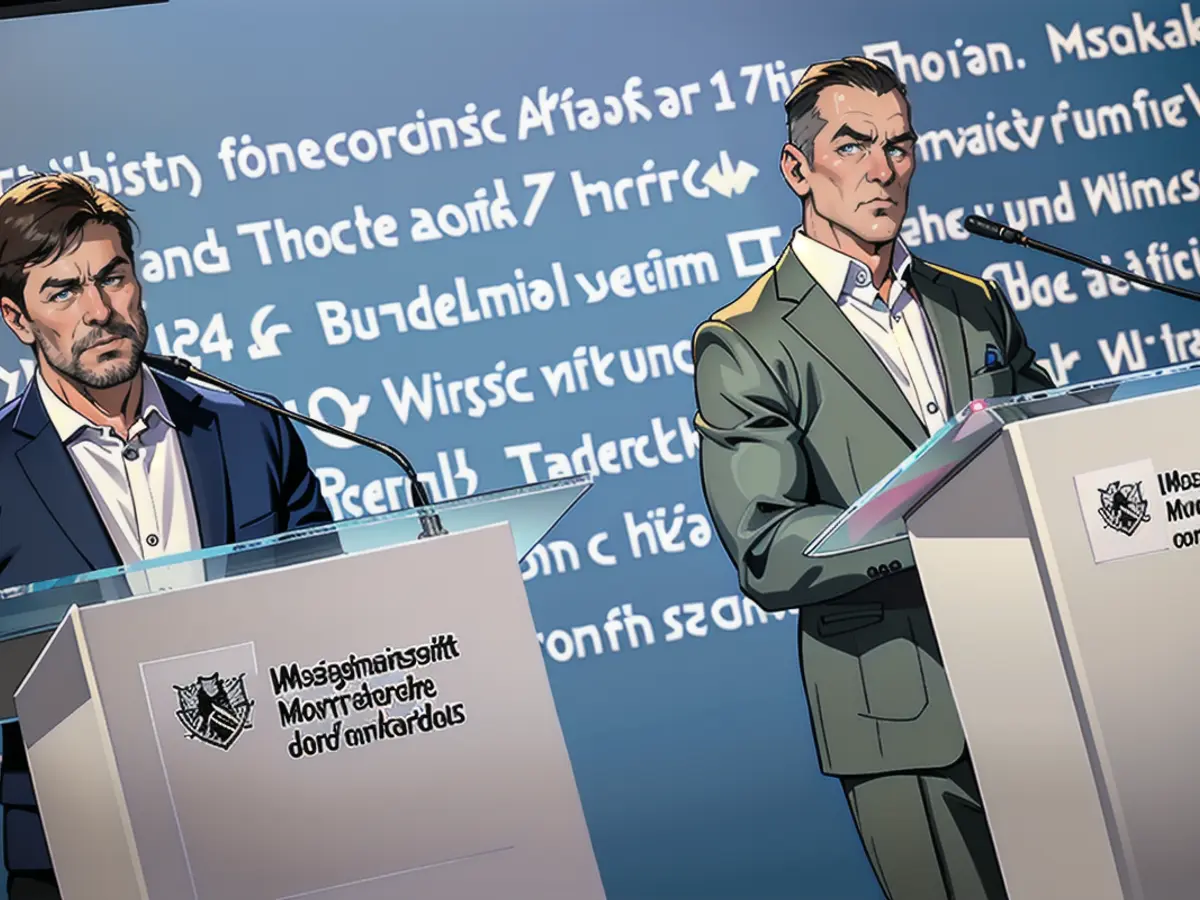The European Commission successfully negotiated compensation worth billions for Leg.
The European Union Commission has provided financial assistance to energy company RWE for their coal phase-out in the Rhineland region. Now, a similar decision needs to be made for a mining company in eastern Germany - Leag. The Commission has approved up to 1.75 billion euros in potential state compensation for Leag, as announced by the German Federal Economics Ministry. This comes as part of the agreed gradual phase-out of coal by 2038.
Economics and Climate Protection Minister Robert Habeck called this a crucial move for the people of the region, ensuring compensation funds for employee social security during the transition and mine closure costs. Leag's CEO, Thorsten Kramer, stated that the compensation is a key factor in the company's transformation into a green powerhouse. Germany had previously registered the planned compensation with the Commission in 2021.
For state funds to be disbursed, EU competition authorities must approve the plan. If countries in the EU want to support companies with state money, they must abide by strict rules. Leag's coal-fired power generation in Germany was supposed to end only after 2038.
Over 1.2 billion euros of the compensation will cover fixed costs - mine closure costs, mainly reclamation costs - and social costs like social agreements, regardless of when Leag actually ceases coal-fired power generation. The remaining 550 million euros is contingent upon proving that Leag's power plants had viable economic options beyond the legally prescribed shutdown dates and the company lost profits due to the phase-out regulation.
There have been ongoing debates about an earlier coal phase-out in the eastern German lignite regions. The federal government, comprising SPD, Greens, and FDP, had agreed in their coalition agreement to phase out coal ideally by 2030, although the legal deadline remained at 2038. Habeck had mentioned in early 2023 that a coal phase-out in the east must be reached through consensus, not unilaterally.
In a Monday paper, it was clarified that the 2038 legal deadline for exiting coal-fired power generation in eastern Germany remains in place. "The federal government will not make any political efforts to change this legal deadline," wrote the ministry. However, a market-driven phase-out before 2038, along with state and regional measures, were not impacted.
The reasons behind this decision include the reform of the European emissions trading system, which is making coal-fired power generation less profitable. Reference was also made to the ongoing expansion of renewable energy sources and the planned construction of new gas power plants to be converted to hydrogen. "If the coal-fired power generation calculates significantly before 2038 and the exit comes earlier in the eastern German coal regions, it is important to prepare the transition as well as possible," stated the ministry.
Habeck announced that the federal government plans to broaden the scope of state-funding programs in previously coal-rich regions. This move is intended to accelerate structural change, and it's now possible to make direct investments in company settlements.
The EU Commission had approved a billion-euro compensation payment for RWE's early exit from brown coal mining and power generation in North Rhine-Westphalia in December. RWE will receive a total of approximately 2.6 billion euros by 2030.
State aid is necessary for RWE to decommission their brown coal power plants. RWE plans to shut down brown coal power plants by the end of March 2030, but they won't rule out the possibility of a subsequent reserve operation funded by the government.
Read also:
- The Federal Ministry of Economics is actively supporting the coal phase-out in Germany, similar to the assistance provided to RWE, as they negotiate potential compensation for mining company Leag.
- The EU Commission is evaluating a compensation plan for Leag, with the German Coal Industry being a key focus, following the successful negotiation of billions in compensation for RWE's coal phase-out.
- Robert Habeck, the Economics and Climate Protection Minister, emphasized the importance of compensation in facilitating Leag's transformation into a green powerhouse, like RWE, during the coal industry's transition.
- Brussels and the EU Commission are closely monitoring the compensation plans for both RWE and Leag to ensure compliance with EU competition rules, safeguarding the peace and cooperation within the coalition in the EU.








